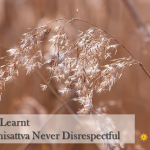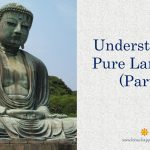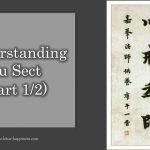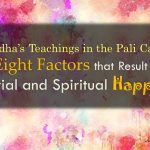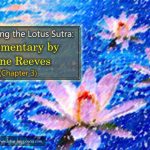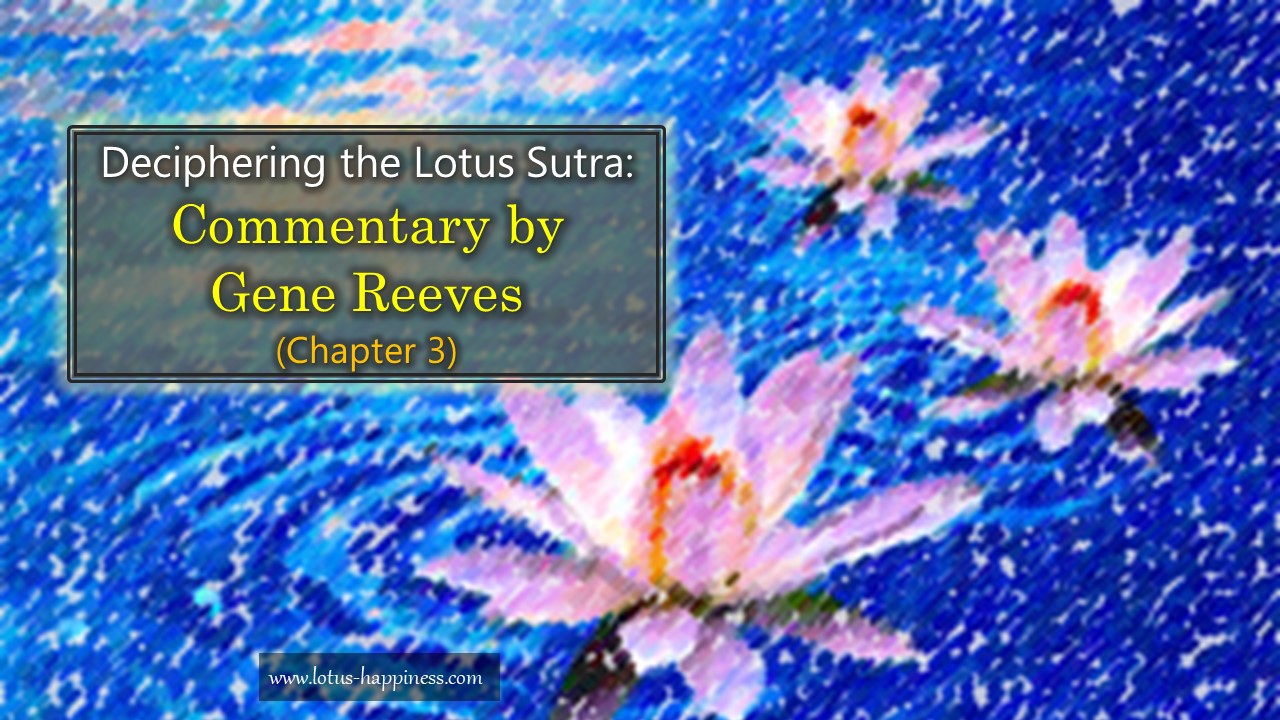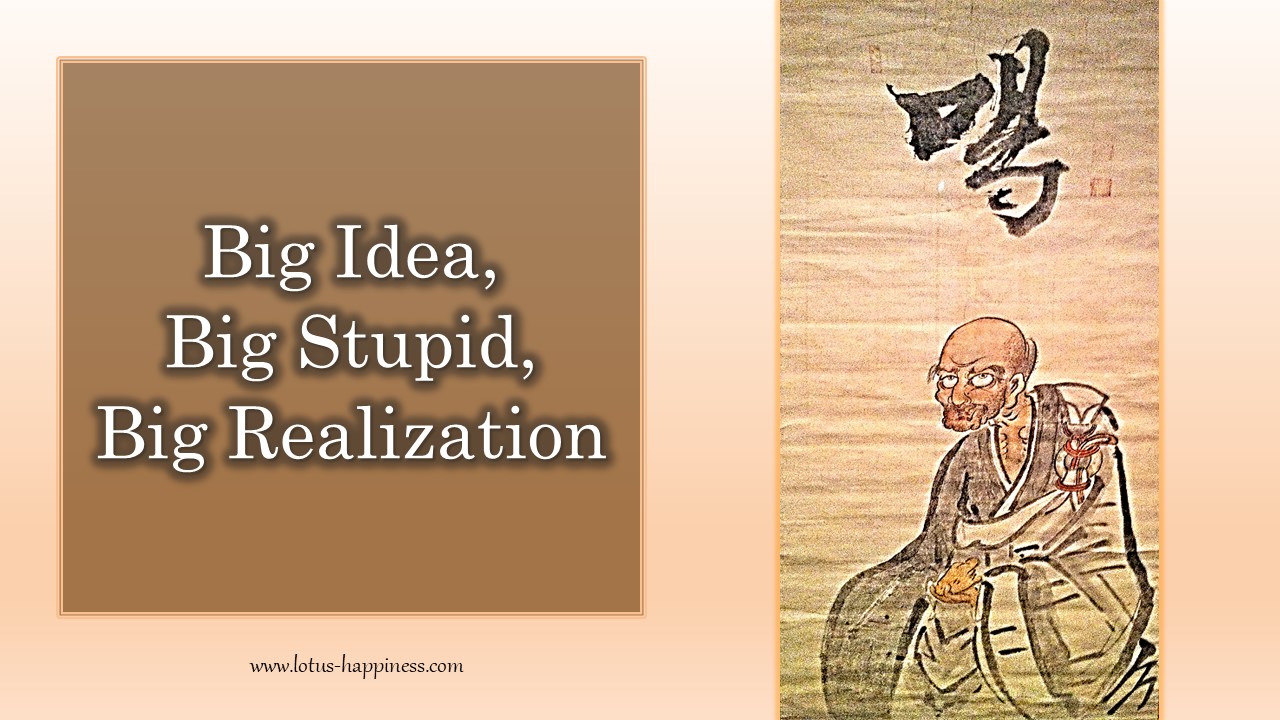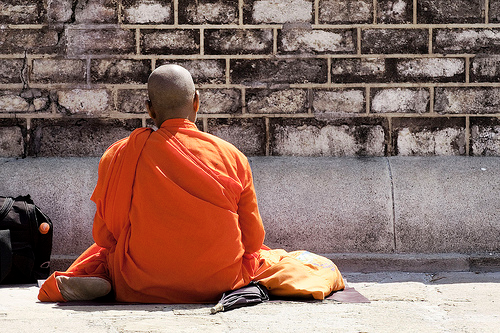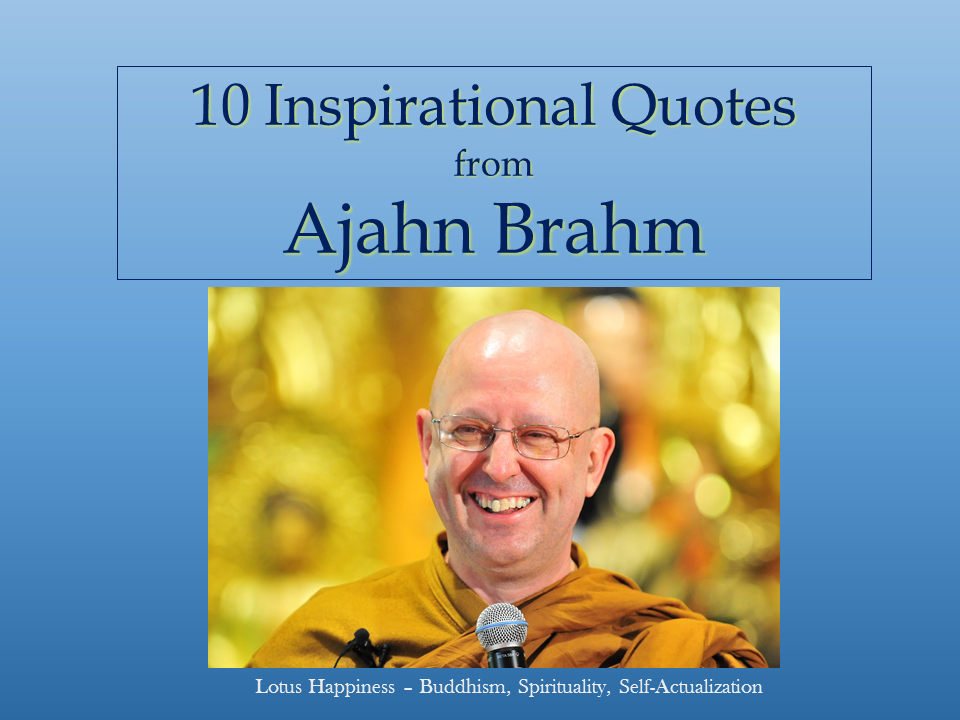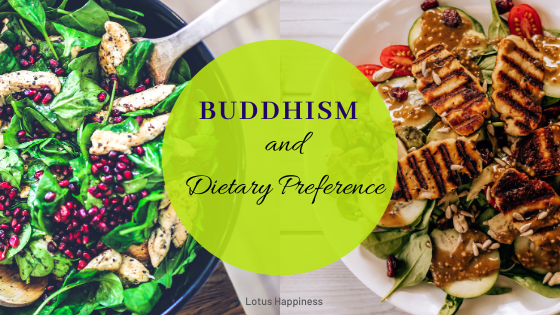
Buddhism and Dietary Preference
written by Sonam Yeshe, a Lay Vajrayana Buddhist
Eating meat does not violate the 1st precept – otherwise, the precept would have explicitly mentioned avoiding all types of meat.
The first precept of Buddhism is to do with avoiding of killing and harming of sentient beings. Almost all sentient beings have fear of death and therefore the act of killing brings a lot of suffering. In most ways which are used to bring about the death of a sentient being, it can involve pain – both physically and mentally. The act of killing generates heavy mental volitions (Samskaras) so the more you violate the first precept the more one creates obstacles for themselves on the path to enlightenment.
As Buddhists, we can appreciate there are killings of sentient beings happening all over us at this very moment and some of that is to do with producing meat for consumption. People eat meat which creates a demand and order to meet the demand there has to be a supply – and that is where the killing comes in. If everybody in the world followed the 1st precept then there would be no meat production which means that people would have no choice but to be vegetarian, to say the least. So if we were to follow this basic linear logic that consumption leads to demand which in turn creates the supply then as Buddhists we could say it would be best to avoid meat/fish.
Diet is an important part of our lives. But diet is not the only aspect on which our existence depends on. If we look into the domains outside of diet then we can see that our very existence required the destruction of so many different lifeforms. The houses or flats which we live in required the digging up of the earth which were inhabited by different types of subterranean creatures such as moles, rabbits, and earthworms. The roads and the cities which are built around us required the clearing of forests which were homes to thousands if not millions of animals and birds. The airplanes which we travel to different countries lead to deaths so many birds and bats. The methods which we depend on energy supplies leads to pollution of the environment and animals who are adapted to a certain environment will have no choice.
Given that our existence requires the destruction of other forms of life there is no ultimate lifestyle which is completely free from harm to other sentient beings. This is why we should not fall into the illusion that avoiding meat is the path of no harm. The magnitude of the suffering and destruction of other lifeforms for our own existence makes the comparison of different forms of diet look insignificant. Even the vegans enjoy their vegetables without having to worry about worms or holes in them because farmers have sprayed tons of pesticides on fields to get rid of millions of bugs and slugs (unless somebody happens to be an organic vegan which is a rarity).
Even if the motivation to follow a vegan diet or anything above that (such as fruitarianism) is based on compassion for animals, it is ignorant to have a self-righteous attitude towards diet and look down upon alternative forms of diet. It is ignorant because one has ignored that one’s own existence required the suffering and destruction of other forms of life.
On the Buddhist path, it can be more of an obstacle to have strong views about diet because a lot of the dietary preferences that we hold onto tend to be on dualistic and conceptual thinking. Being judgemental about other forms of diet is a reflection on how much one puts a value on their dualistic/conceptual thinking and the more you put value in these forms of thought the narrower the doorways to realizations become. The path to Enlightenment is a path which is meant to lead us away from dualistic/conceptual thinking. Having strong views on diet related to the wellbeing of animals usually carries a high degree of magnetic potential which tends to ground people in conceptual thinking and that can reinforce arrogance and superiority – which closes down any open spaces in the mind to which realizations can appear from.
There are some Sutras which do encourage Buddhists to avoid meat whiles others which take a liberal attitude towards meat. It is not possible to avoid meat in every single part of the world – like in Tibet where the land is mostly infertile where people have no choice but to depend on meat for their source of food. Whichever the dietary preference we have as Buddhists we take it up as individuals but at the same time being careful not to develop arrogance, self-righteousness or a sense of superiority over Buddhists who follow an alternative form of diet compared to ours. We should not use diet as a sectarian device to create sectarian splits in the Sangha. It is said that sentient beings that live in the pure abodes look at the food we eat no different from excrement. Therefore there is no point in fighting over what appears on our plate which is seen as excrement by other types of beings.
Eating meat does not violate the 1st precept – otherwise, the precept would have explicitly mentioned avoiding all types of meat. It just doesn’t. This does not mean that we have to neglect the suffering of sentient beings and it is best to minimize their suffering whiles noticing that there is no such thing as a perfect moral high ground with respect to our diets. Whiles being engaged it is also important not to be attached to outcomes with expectations because that attitude becomes a major obstacle in the path. Killings have always happened in the past and they will continue to happen after our existence in this realm. Our true freedom from suffering is not within Samsara but outside of that, which is Nirvana. Buddhism is not about creating a better Samsara.
Our true freedom from suffering is not within Samsara but outside of that, which is Nirvana.

